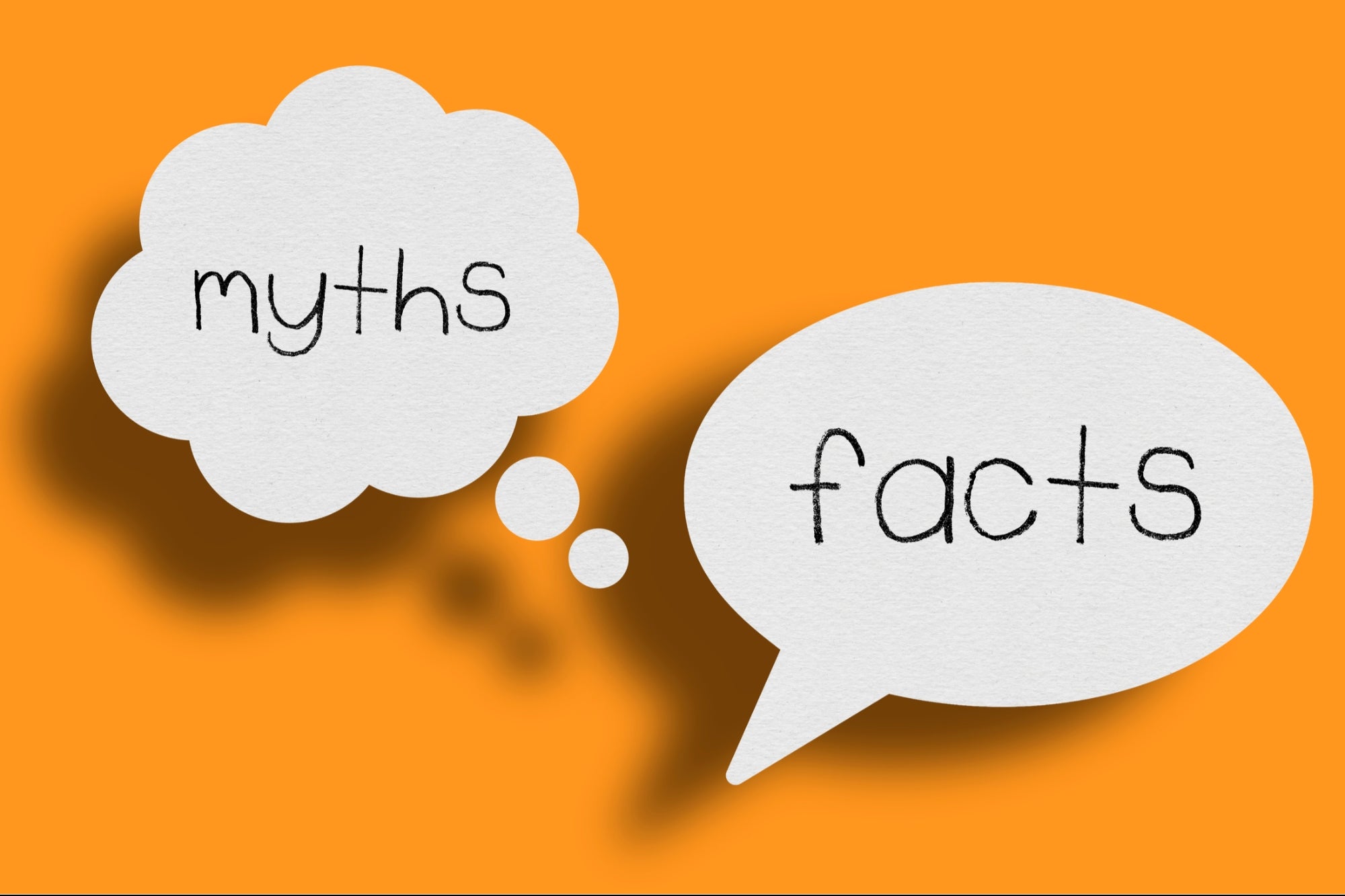Busting Franchising Myths and Choosing the Right Opportunity Lessons on franchising's past, present, and future.
Opinions expressed by Entrepreneur contributors are their own.

Franchising's "Wild West" Past
Today, franchising is a burgeoning industry, a model described by author Mark Siebert in The Franchisee Handbook as "one of the most powerful business expansion strategies in the world today." Siebert's reference guide may be one of the most impactful books about franchising to date, as it not only provides step-by-step instruction on how to navigate franchising's business opportunity, but also gives context to its "Wild West" past. Before the FTC regulations that are in place now, franchising was a fairly loose term, and the practice led to some monumental failures. Today, according to the amended FTC Rule 436, a franchise business must meet three specific criteria: 1) it must allow the use of its name and trademark, 2) it must provide significant operational assistance and 3) it must collect a fee.
Related: Considering franchise ownership? Get started now and take this quiz to find your personalized list of franchises that match your lifestyle, interests and budget.
Debunking Old Myths
Mention franchising and most people immediately think of McDonald's. Yes, McDonald's is one of the most successful global franchise operations in history, but only a quarter of all franchises involve fast-food. In fact, the best-selling book on this cliché titled, "More Than Just French Fries," emphasizes how the franchising industry goes well beyond this category to include thousands of individual concepts outside of food and beverage. To bust a few other popular myths about franchising, it doesn't take $1 million or more to buy a franchise, you don't need to be an industry expert to own and operate one and – truth be told – owning one does not guarantee riches and success. What franchising is really about is a mutually beneficial opportunity between the franchisor (brand expansion) and franchisee (business ownership).
Related: The 4 Biggest Myths About Franchising
Locating the Right Franchise for You
Not everyone is cut out to own a franchise. It's a business model that requires strict adherence to procedures, operations and systems–rebels and Mavericks need not apply. But once you've made the decision to enter the world of franchising, the most important next step is finding the right concept to own and operate. How do you determine this? That depends on your reasons for wanting to own a franchise. Do you desire more money? More flexibility? What price range are you qualified to buy? These are all goals, and they require contemplation to discover your best franchise fit. A great deal of entrepreneurs choose franchising as a career transition – an admirable choice, but you also don't want to overcompensate.
Wading Through Your Options
You can conduct a search for the right franchise on your own, or you could enlist the help of a qualified franchise consultant or broker. The latter will likely end up saving you a lot of time and effort, as most consultants help narrow your choices based on the preferences you provide them during a personal assessment or questionnaire. One of the most important aspects during this initial search stage is to keep an open mind about the concepts you review. At first, a particular concept may not seem like the right choice, but in the end the business model might end up being the right choice for you. Take the time to consider why you match well with certain concepts and – above all – exercise patience during the investigative process.
Related: Become a Franchise Owner in 5 Easy Steps
Respecting the Process
The franchise investigative process is comprised of certain steps to take in determining the right fit for franchise ownership. You can expect to review several possibilities, do so carefully and then narrow it down to the ones that are most interesting to you. At that point, you'll move on to requesting and reviewing the brand's franchise disclosure document (FDD). The FDD has 23 sections and spells out in chapter and verse what a particular franchise is all about, the most important of which includes the specific roles of franchisor and franchisee. At this stage, it's highly advisable to solicit professional guidance from an attorney and/or CPA for added reassurance to your suitability as an owner/operator. Next up? Validation, which is your opportunity to participate in one-on-one conversations with the executive leadership and other franchisees in the system. That's when you'll really find out what it's like to own a particular franchise. If all continues to go well, your next step is Discovery Day, sometimes called "Meet the Team" Day. This typically involves an in-person visit to the brand's headquarters for a day of intense final interviews. If the brand deems you a good fit, you'll be offered a spot in their system – and then you have a final decision to make. As noted in The Franchise Bible, by Rick Grossman and Michael J. Katz, Esq., this is a "decision that must sit comfortably with you on an emotional as well as a business and financial level." Be sure to treat it as such. And best of luck.
Mark Siebert is CEO of the leading franchise consulting firm iFranchise Group and author of The Franchisee Handbook. Buy it now from Amazon or Barnes & Noble.
Rick Grossmann and Michael J. Katz Esq. are the authors of The Franchise Bible: How to Buy a Franchise or Franchise Your Own Business. Buy it now from Amazon or Barnes & Noble.
Looking to delve deeper into the world of entrepreneurship? Visit our newly relaunched Entrepreneur Bookstore.










